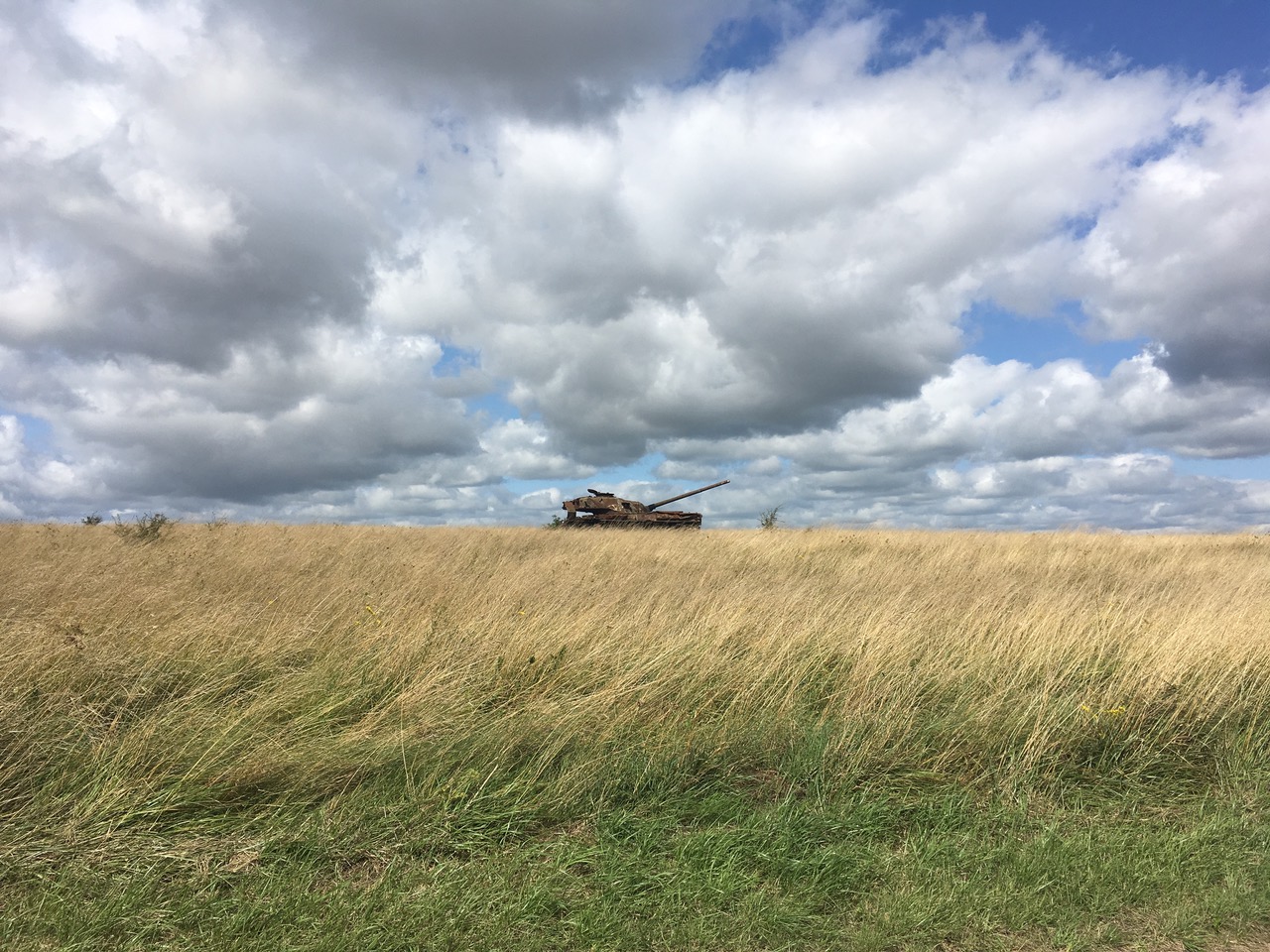Susannah Walker is co-founder and trustee of Make Space for Girls, a UK organization which campaigns for facilities and public spaces for teenage girls.
Recently, she followed two of the oldest roads in England, and wrote a book about it, The Hard Way. Not just about the walk itself, the book is also about the experience of being a woman walking, the history of how women find it hard to walk away from home, while looking at the experiences of other female artists and writers on the chalk downland, where she walks.
It’s a truism, repeated by everyone from Hippocrates to Thoreau, Nietzsche, and Thomas Mann, that walking is the best way to solve a problem. (You will note that they are all men, we’ll get onto that in a minute). But when I set out on a series of long walks, it wasn’t to find the answer to a particularly intractable problem. I had an intention, or more of an excuse, which was to follow some of the oldest roads in England. But all I really wanted to do was get out of the house on my own. A simple enough idea.
What I found instead was that the problem crept up on me as I walked. The old tracks took me through the downlands of Southern England, but when I tried to find out about these roads, and the places they were passing through, I only seemed to be following in the footsteps of men. They were the ones who had painted the landscapes, set them down in poetry and prose, who had followed the routes of the ancient roads and written about it. Their wives, meanwhile had stayed at home and shelled the peas instead of setting out on adventures and making art of their own.
The landscape I was walking through gave me the same message. What we call nature in southern England is entirely man made, a space not only of fields, hedges and roads but also airfields and brick, forts, tanks and gunfire. And Top Gear.
Women still didn’t belong in the countryside, it seemed, a feeling underscored by even the briefest look at the nature writing tables in the bookshops. Men walked out of the door and wrote books about what they found and women, well, didn’t. So why had this happened and where was I meant to find myself in the countryside? If I was even meant to be there at all.
One potential why was found in the places themselves, which were not only made up of tarmac, concrete and modern thinking. I also walked past ancient henges and long barrows, over ancient ditches and through hill forts, an older and deeper history of ritual and subsistence, of how we became the people we are today and of domestication.
Part of what has made us modern is power over nature; the moment when we stopped hunting wild animals and hefted them to fields for breeding and produce. This revolution included women too. From here on they are meant to stay at home, grinding the grain and looking after the children. The root of domestication is ‘domus’ meaning house, and this is where, alongside the sheep and the cattle, women are meant to stay.
And so I had ended up back in the place where I had started. Getting out of the house wasn’t something women were meant to do. Oddly, I don’t mind this as much as you might think. Because if domestication is something cultural – rather than ordained by nature – then it can be changed. And so I carried on walking away from home, trying to remake the paths to suit me instead.
How to do this was the other answer I learned from walking; I wasn’t the first to find myself in this place, looking for another point of view. For centuries women had travelled and written and painted in these wide chalk downlands. But unlike the men, their stories were not remembered; their works had all but disappeared. But enough remained to inspire me.
So while I set out to find nothing, I ended up with a problem so fascinating and complicated that it could only be unraveled in a book. The Hard Way is the story of how I followed two of the oldest roads in England and found myself in a landscape of men (and gold torcs and sheep fairs and Jez Butterworth, all of which are connected too). But it also brings to light the many extraordinary women who walked these paths before me. Until now, their stories have been forgotten. We need to get better at remembering them.

The Hard Way is being published by Unbound, who combine conventional publishing with a crowdfunding model. Supporters pledge to buy early copies of the book (and get their name in it!) and once enough people have pledged for the project, it goes into bookshops. More here
Susannah posts some of her writings on Substack.


